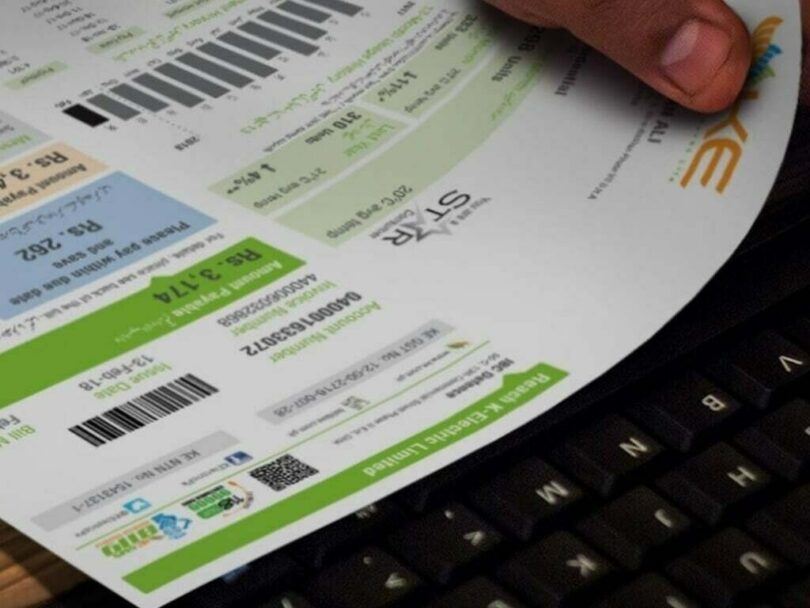The National Electric Power Regulatory Authority (NEPRA) has recently decided to initiate legal action against K-Electric (KE) and other power-providing companies after it was found that they were charging millions of consumers excessively. According to the details, legal proceedings against all Distribution Companies including KEL under NEPRA Fine Regulations, 2021 for violation of the provisions of the NEPRA Act, CSM, and tariff terms & conditions, etc, would be initiated for serious misconduct of charging excessive, inflated and wrong bills by the distribution companies to the consumers in July and August this year. A formal inquiry into the matter revealed that 5.7 million MEPCO’s consumers were charged for more than 30 days of the billing cycle in July followed by GEPCO, i.e., around 1.2 million in August. Similarly, FESCO charged wrongly more than 800,000 consumers, LESCO served penalties to around 700,000 households in both months, and HESCO hit nearly 500,000 consumers in July. This resulted in the change of slab from lower to higher, change of status from protected to un-protected, and change of status from life-line to non-life line for thousands of consumers.
Overbilling by electricity and natural gas providers has been a longstanding issue in the country. It’s often attributed to meter reading errors, technical faults, or billing inaccuracies while the reports suggest that Power generating and power distributing giants are habitual of slapping their institutional damages including line losses and nonpayment of electricity bills in certain areas including FATA and Balochistan on consumers in settle areas to sheld off their budget deficit. Although, minor shortcomings and discrepancies are settled by the concerned departments after necessary verification/review of usage, and meter readings. However, there was a countrywide excessive billings of electricity and gas during the second half of the current year that prompted a wide-ranging public uproar, while countrywide strikes were observed by the traders and common public in protest to mismanagement and poor service delivery of the energy giants and gas providing firms. A large number of consumers approached consumer courts and higher judiciary to highlight the grave misconduct of the government departments whose top executives and lower staff have turned public service into a lucrative business and shaped this nation into a Tartarus land for the common citizens.
Historically, the public institutions and their service delivery is entirely an untransparent, and opaque system, that operates with complete impunity and deals in a regressive manner with the consumers/ public. Each public and private institution including the Police, Judiciary, Healthcare, electricity, gas, and water-providing firms, and cellphone, and internet providers have been shaped into anti-public monsters and weighed a self-motivated price hike campaign against the masses. In fact, our governance system and institutions could not groom themselves after freedom from British rule and still, our institutions operate in a colonial-era style when the public was being treated as slaves and third-rate citizens.
After all, the recent inquiry has confirmed the long-held public grievances and malfunctioning of the government departments, that not only became hubs of corruption but failed in achieving their primary goal, i.e. service to the public. The National Electric Power Regulatory Authority (NEPRA), has rightly initiated legal proceedings against the power distributing companies while there is a dire need for monitoring/evaluation of the power generation system, where IPPs are receiving undue profit from the country in the garb of capacity payments and Fuel Price Adjustment (FPA) that has no example in any other nation in the world. Public representatives and regulatory bodies must protect peoples’ rights and provide them with some relief otherwise untidy governance has turned this nation into an abyss.







